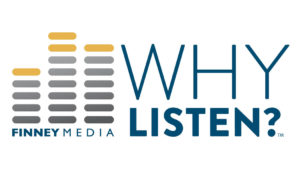The Away Team: Us! 2017 Vision
Chuck here.
David Butts wrote an eye-opening, perspective changing book* that just might shake up my 2017. What’s that all about, you say?
Think about your last visit to a sports arena. If you are the away team crowd, there’s less cheering (fewer fans), maybe not even a band playing, plus you have to endure the reaction of the home team crowd to the referee calls. Ugh!
Does that sound like the Church or—closer to home—your ministry in 2017? It’s true that once upon a time, Christianity, the Church and parachurch organizations had the upper hand of a home team crowd. We dominated the culture. But even with election swings, the dominant media culture is not Christian-friendly, or even Christian-values friendly.
We are the “away team.” Quoting now: the away team is “a powerful call to minister out of a position, not of cultural dominance, but of the humility that demonstrates that we really are aliens in this world (1 Peter 1). “
How does that help me, you ask?
It makes a big difference in our expectations, our reactions and our prayers and plans. We are, plainly speaking, the missionary. A missionary does some things differently.
- She looks at the culture and the people around her and works to understand them.
- She isn’t busy condemning them for their culture, but working to bring Christ’s love with her words and actions.
- She’s learning the language, not expecting them to learn hers.
- She’s praying and asking for prayer for her ministry.
- And she’s looking for ways God might be providing little openings.
The New Testament writers had the concept down; they were living it out daily. Here’s Peter, in I Peter 1:17: “Live out your time as foreigners here in reverent fear.”
“Always be prepared to give an answer to everyone who asks you to give the reason for the hope that you have. But do this with gentleness and respect…” (I Peter 3:15)
Might this attitude make a difference in our work in in 2017? Might we become centered on bringing hope to people? Using words they understand? Praying for our listeners with expectancy?
That’s my vision for 2017.
Perhaps you’ll consider it, too.
Together, let’s move forward.
*With One Cry, by David Butts. Harvest Prayer Ministries (April 22, 2016)



